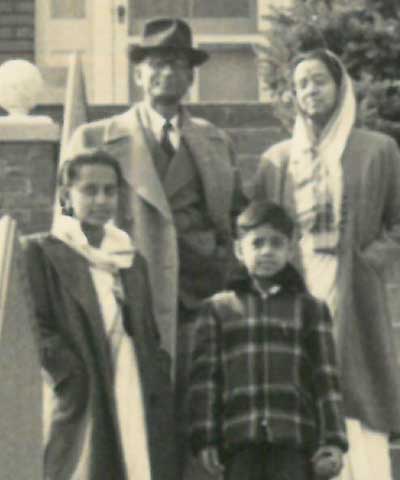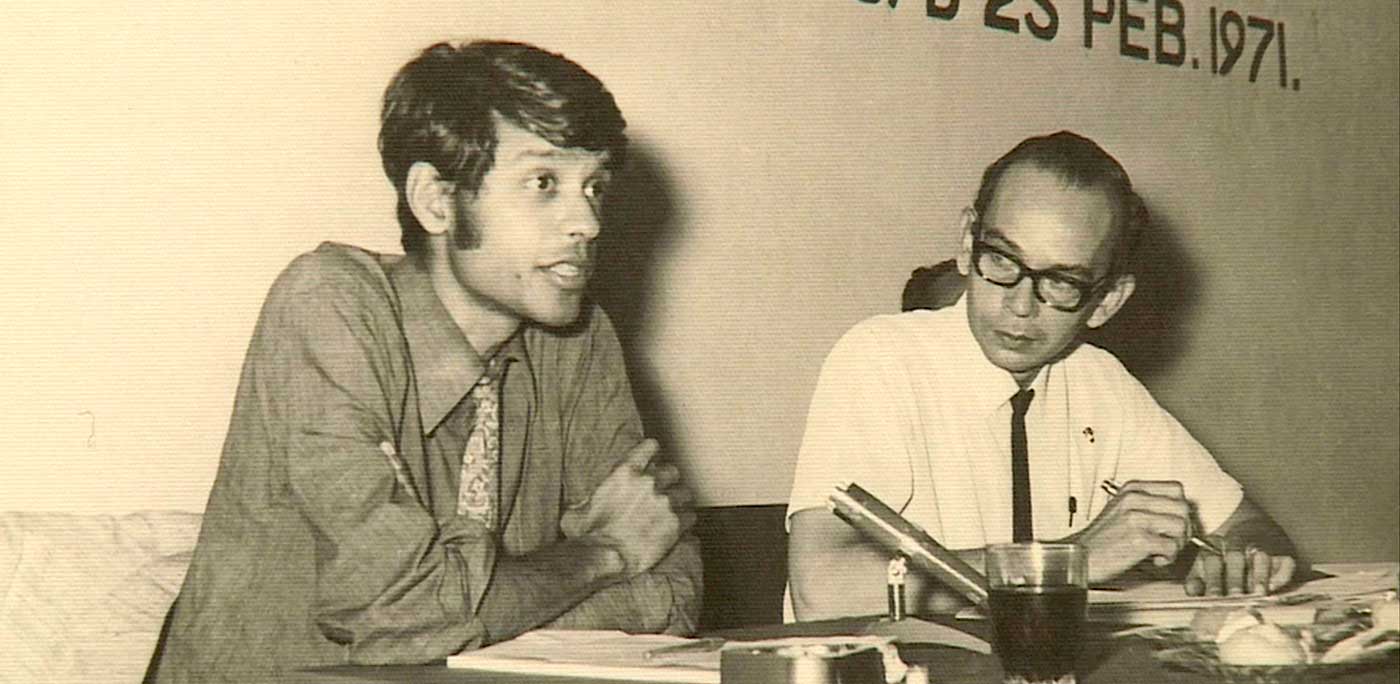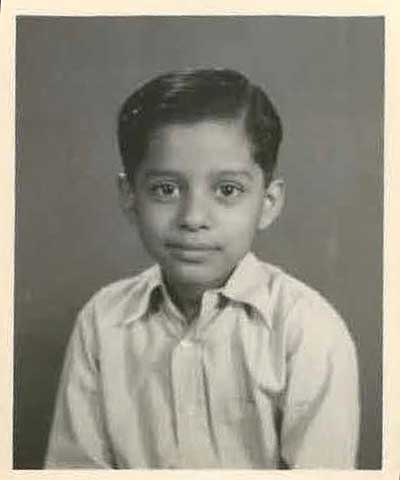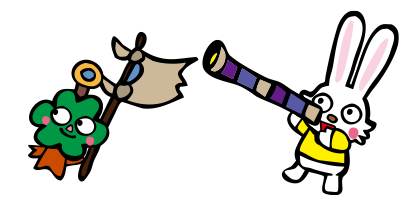Partha and his family moved to Washington D.C. because of his father's work. In contrast to Varanasi, Partha found Washington, D.C. to be an affluent, sophisticated city. While there were almost no cars in Varanasi, to Partha, Washington D.C. seemed filled with them. Partha went to school, learned English, and made lots of friends. Although his friends in Varanasi and the United States came from different backgrounds, ethnic groups and economic strata, to him they were all the same.

Partha in Washington with his family (1953)
Academic career change: from Physics and Mathematics to Economics
Partha did not start out to study economics. He entered the University of Delhi to study physics, the natural choice at the time for a good student like Partha. After graduating from the University of Delhi, he traveled to England to continue his studies at Cambridge University. Hoping to move to an even higher level, he delved deeper into the study of mathematics, which forms the basis of physics. Although intending to continue, he became interested in economics and changed his direction.
"I want to study something that will benefit society."
That was in the midst of the Cold War in the 1960s, when the conflict between capitalism, represented by the United States, and communism, represented by the Soviet Union, was at its peak and American involvement in the war in Vietnam was expanding. Partha wondered why countries fought. He spent more time with economists who were clearly against such conflict, and was greatly influenced by them. Partha thought that studying economics, which forces us to consider the wealth and happiness, may help him to find a solution.

Marriage to Carol.

Partha in Indonesia (1971)
After taking his degree in mathematics at Cambridge, Partha embarked on his study of economics. He studied under the finest teacher and earned a doctorate in economics. In 1971, he began his career as an economist in England, concentrating on subjects that interested him. His research was highly regarded and he was promoted to professor.








